When it comes to securing funding for oceanography research, a well-crafted letter can make all the difference! This key document should clearly outline your research objectives, significance, and the impact it aims to have on our understanding of marine environments. By engaging potential funders with a compelling narrative and showcasing your passion for ocean science, you set the stage for a successful proposal. Dive deeper into the essentials of creating an effective oceanography research grant letter in the following sections!
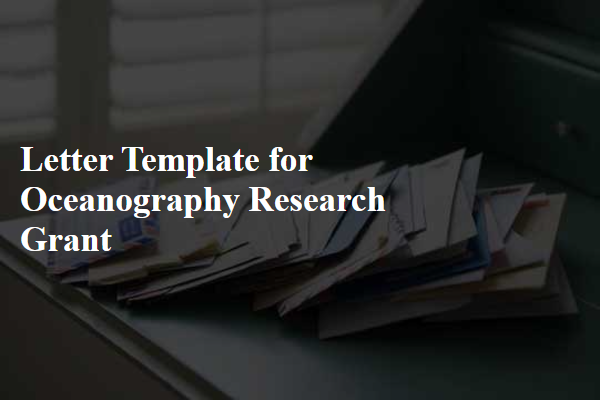
Clear Research Objectives
Clear research objectives in oceanography encompass the examination of the effects of climate change on marine ecosystems, such as coral reefs and fish populations. Objectives focus on quantifying anthropogenic impacts (human-induced changes) on ocean acidity levels and temperatures, particularly in regions like the Great Barrier Reef (Australia) and the coral triangle (Southeast Asia). Specific goals may include mapping the distribution of key species, assessing habitat loss, and understanding the dynamics of ocean currents that influence migration patterns. Comparative studies in zones affected by runoff from agricultural activities, such as those in the Gulf of Mexico, are essential for establishing baseline data and identifying effective conservation strategies. Research efforts aim to enhance predictive modeling techniques to evaluate future scenarios and inform policy-making for sustainable ocean management.
Budget Justification
Research funding in oceanography, particularly for studies focused on climate change impact on marine ecosystems, requires detailed budget justification. Funding of approximately $150,000 is sought for a year-long project, including $30,000 allocated for essential field equipment like autonomous underwater vehicles (AUVs) for data collection at depths of up to 3,000 meters. Personnel costs, amounting to $60,000, will support a team of oceanographers, data analysts, and technicians, ensuring accurate data collection and analysis. Travel expenses of $20,000 will cover transportation to key study locations, such as the Great Barrier Reef (an area critically affected by temperature rise) and the Arctic Ocean, where ice melt significantly alters marine habitats. Laboratory supplies estimated at $15,000 will fund necessary analysis tools, including spectrophotometers for water sample assessments. Indirect costs of $25,000 will support institutional overhead, ensuring compliance with grant requirements and facilitating successful project implementation.
Relevance to Current Scientific Issues
Oceanographic research plays a critical role in addressing pressing global challenges such as climate change, rising sea levels, and ocean acidification. Recently published studies (2023) highlight the alarming trend of rising ocean temperatures (averaging 1.2 degrees Celsius higher than pre-industrial levels) and its impact on marine ecosystems, including coral bleaching events that have devastated reefs in Australia's Great Barrier Reef, renowned as a biodiversity hotspot. The ongoing investigation into the Gulf Stream's weakening, influenced by freshwater input from melting Greenland ice sheets, necessitates urgent study to predict changes in weather patterns and their socio-economic ramifications for coastal communities. Additionally, understanding microplastic contamination in marine environments, with estimates suggesting that over 500 trillion plastic pieces are present in oceans globally, is vital for public health and sustainability. This research grant aims to contribute valuable data and insights to inform policy-makers and engage communities in effective ocean stewardship.
Strong Methodology
A robust methodology essential for oceanography research involves a comprehensive approach integrating various techniques and technologies. Field sampling conducted at predetermined sites such as the Great Barrier Reef (Australia) or the Bermuda Triangle (North Atlantic) should employ standardized protocols for water quality analysis, including parameters like salinity, temperature, and pH levels. Advanced tools, such as autonomous underwater vehicles (AUVs), can collect high-resolution data on bathymetry and marine ecosystems, allowing for detailed mapping of ocean floor features. Data analysis will incorporate statistical software, such as R or Python, to model oceanographic phenomena while ensuring data validity and reliability through rigorous quality control measures. Collaborations with institutions like the Scripps Institution of Oceanography (California) and the Woods Hole Oceanographic Institution (Massachusetts) enhance the study's scope, providing access to extensive datasets and expert knowledge. This methodology paves the way for groundbreaking discoveries in marine science and contributes to the sustainable management of ocean resources.
Team Expertise and Collaboration
Oceanography research relies on a diverse team of experts to tackle complex marine science challenges. The collaboration involves oceanographers specializing in physical, chemical, biological, and geological oceanography, each contributing unique insights and skills. For instance, a marine biologist studying the effects of climate change on coral reefs brings knowledge of ecosystems, while a physical oceanographer focuses on ocean currents and their influence on weather patterns, especially in regions like the Gulf Stream. Data scientists proficient in statistical modeling and remote sensing techniques analyze vast datasets collected from research expeditions, which utilize sophisticated vessels like the RV Atlantis. Furthermore, partnerships with institutions such as the Scripps Institution of Oceanography enhance research through shared resources and academic expertise, facilitating groundbreaking studies on sea level rise and marine biodiversity.

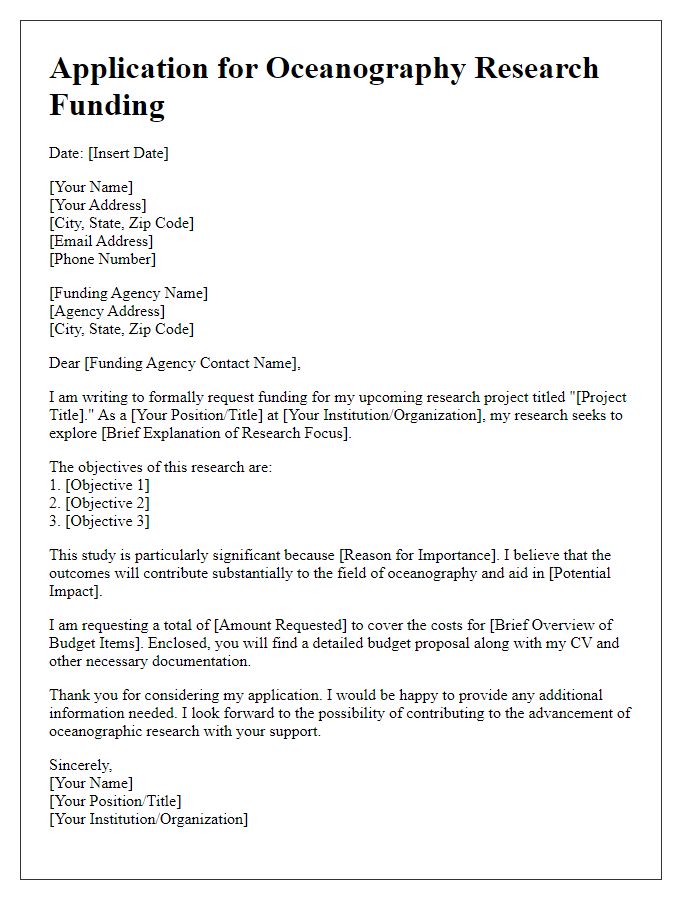
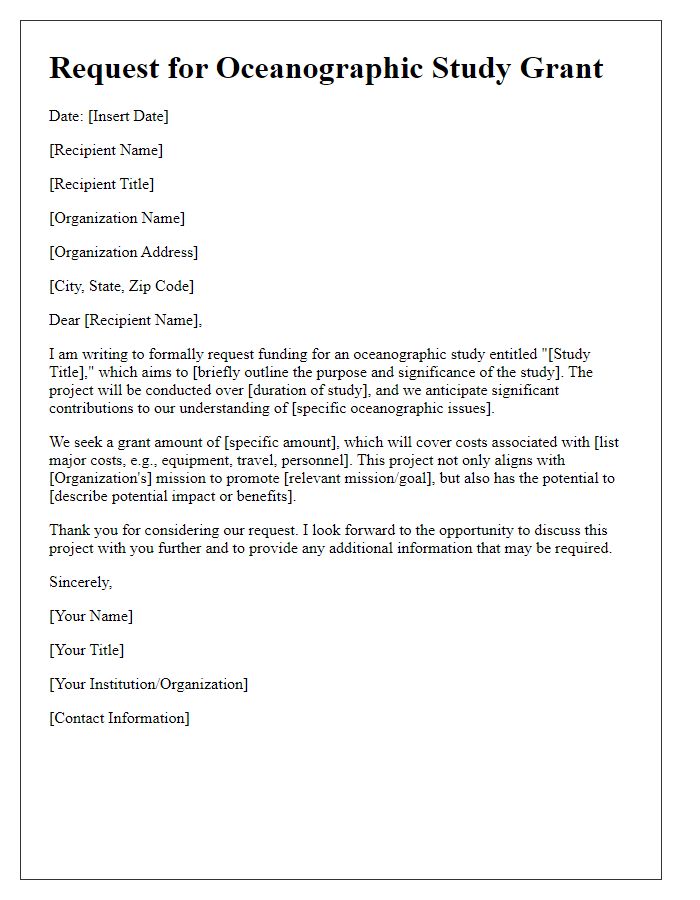
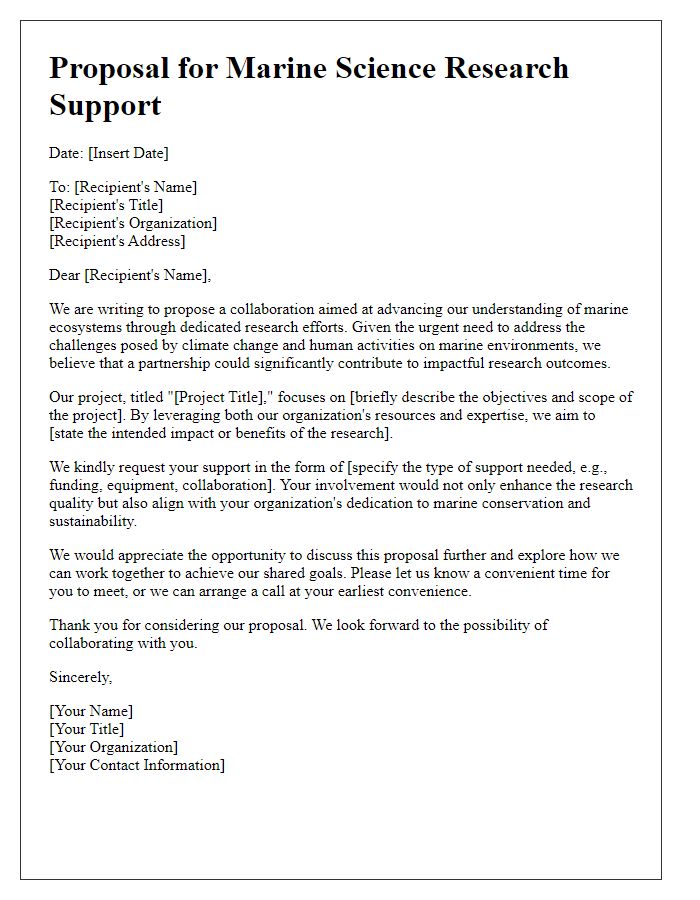
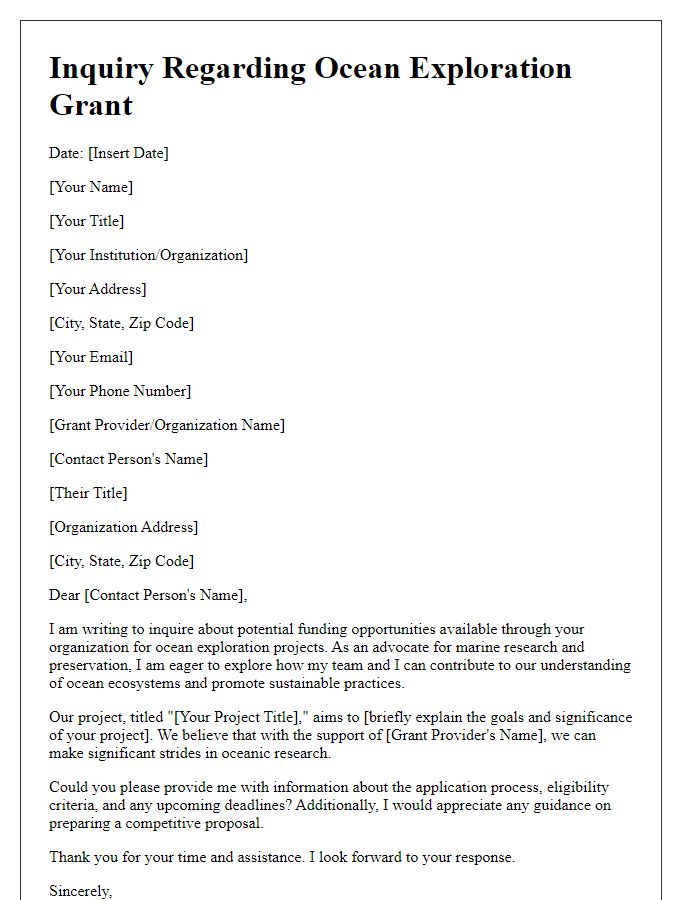
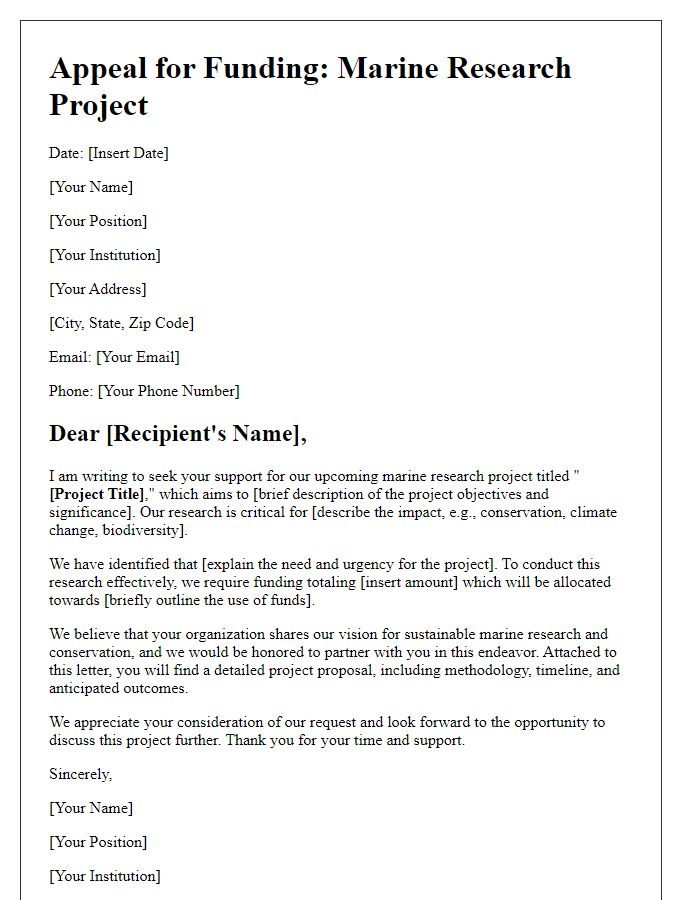
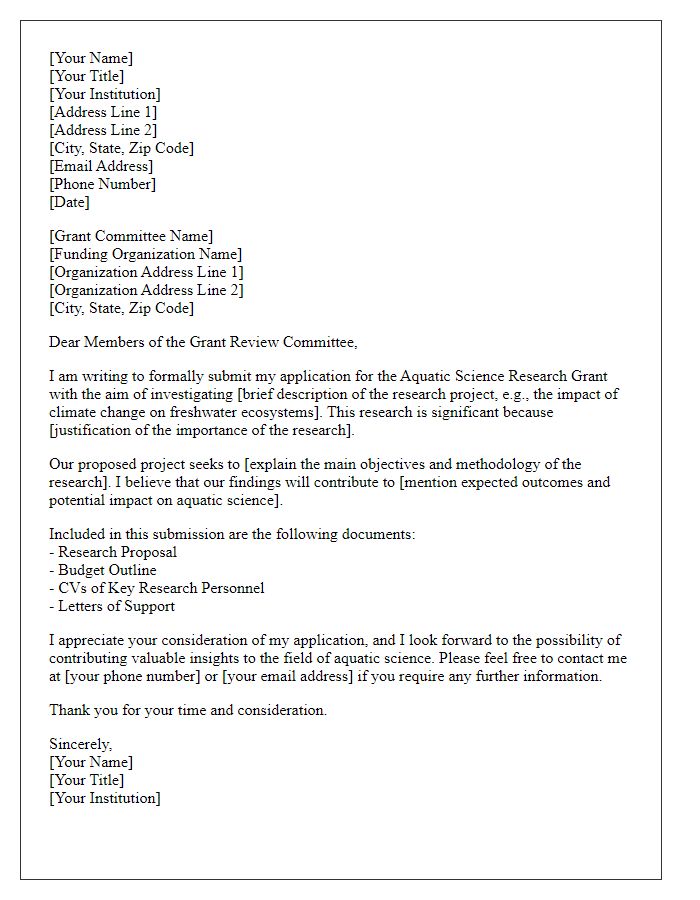
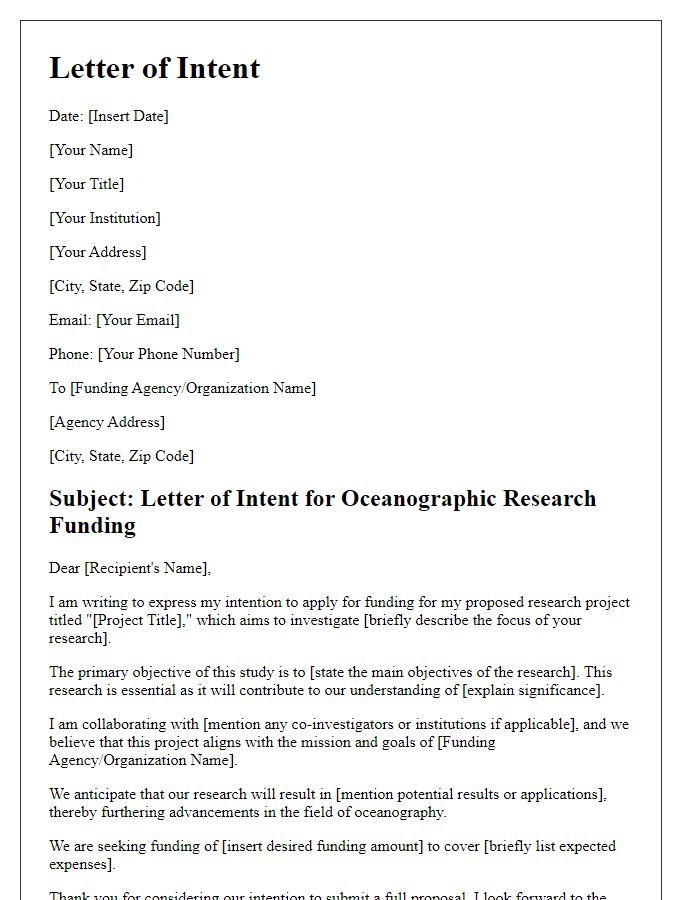
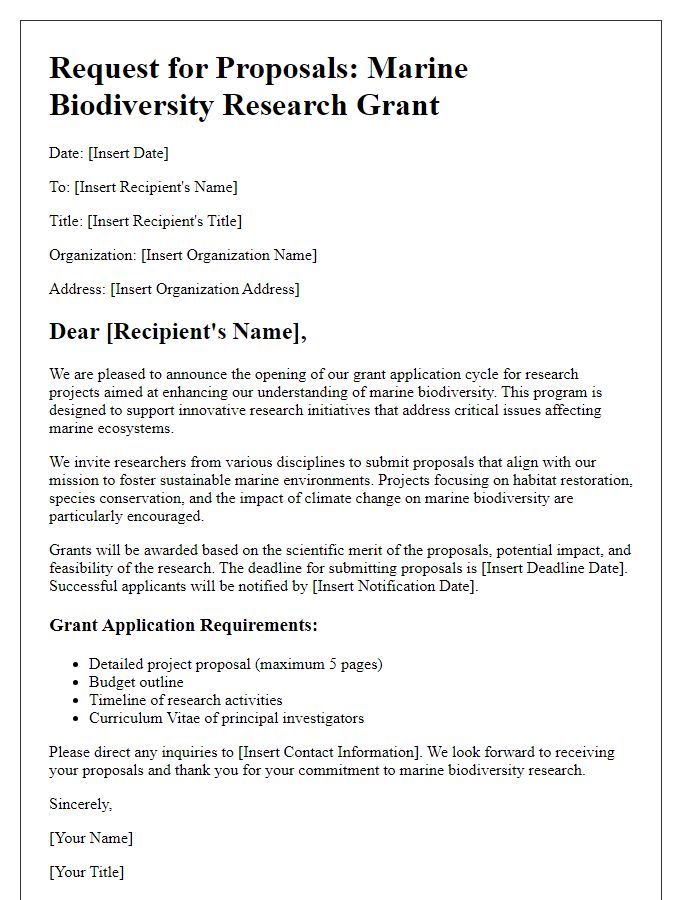
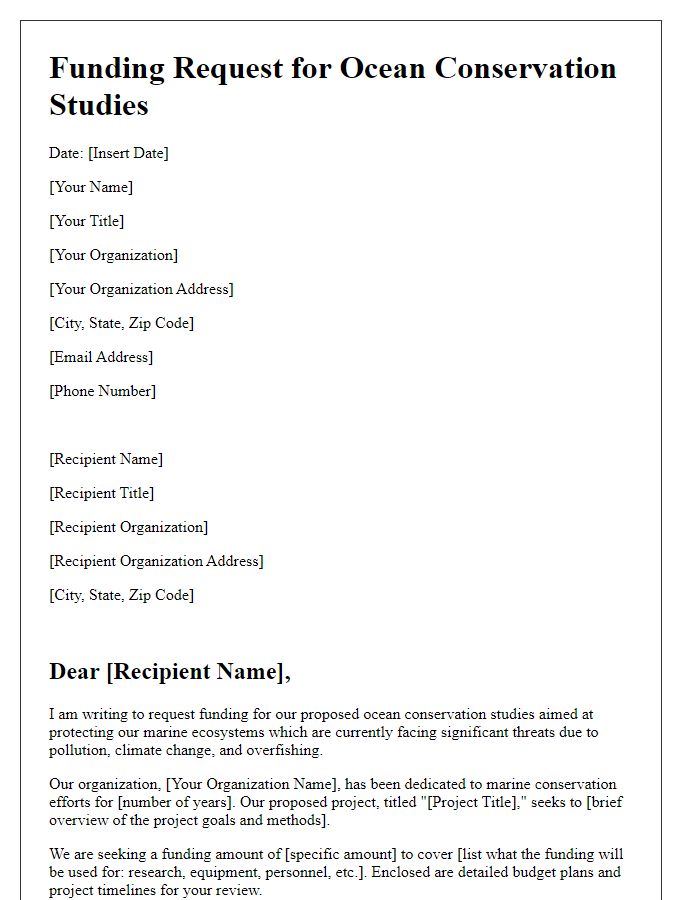
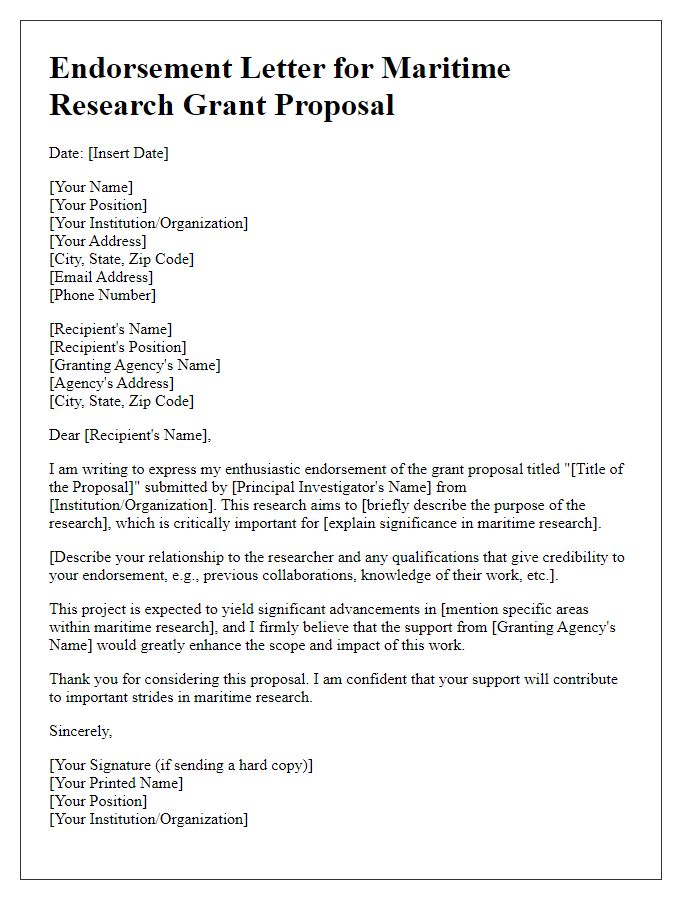

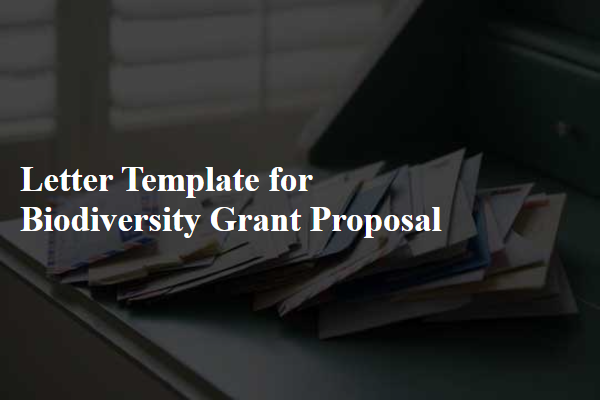
Comments